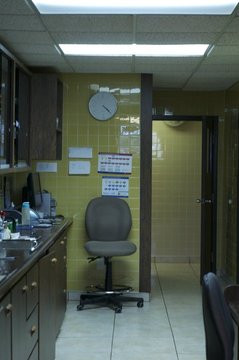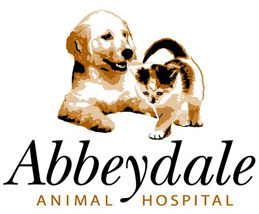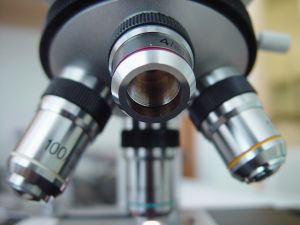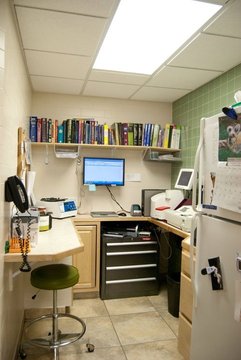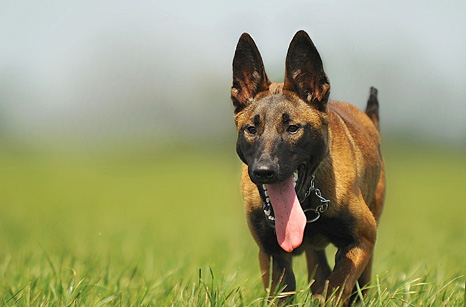Do Pets Really Need Dental Care?
Yes! Pets, like people, need regular dental care. Studies have shown that greater than 85% of dogs and cats over 3 years of age have some form of dental and/or gum disease. Imagine not brushing your teeth or having them cleaned for 3 years! In addition, dental disease puts stress on your pet’s body and can lead to liver, kidney and heart disease.
-
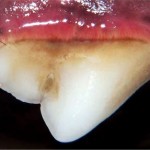
-
Stage 1 Dental Disease
-
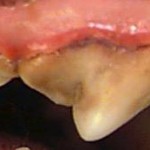
-
Stage 2 Dental Disease
-
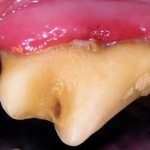
-
Stage 3 Dental Disease
-
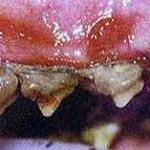
-
Stage 4 Dental Disease
How Is Dental and Gum Disease Prevented?
Dental and gum disease in cats and dogs can be prevented with routine dental cleanings, regular examinations, and a healthy diet. All of these can significantly improve your pet’s quality of life and extend their longevity.
Unfortunately, there are some factors that contribute to tartar build-up that are beyond our control. These factors are why some pets need more dental care than others. Factors beyond our control include:
- How much a pet chews its food
- How much saliva a pet produces
- The shape, size and placement of the teeth (genetic)
- The type of bacteria in the mouth
What can you do?
Routine cleaning of your pet’s teeth at home and, if necessary, dental prophylaxis provided by your veterinary care team. If you want to brush your cat or dog’s teeth at home, remember to make it an enjoyable and rewarding experience. Watch this video for great information on how to brush your pet’s teeth at home. Depending on the size of your dog, infant, childrens’ or adult brushes with soft bristles can be used. Human toothpastes, salt, and baking soda should not he used, since toothpastes’ foaming action is irritating and all of these substances can cause illness if swallowed. Consult your veterinarian for the toothpaste best suited to your pet.
Please avoid giving your dogs bone and cow hooves to chew on. These often cause tooth fractures requiring root canals or extractions. Nylar bones are preferable. They are available at your veterinary clinic, or at most pet supply stores.
If your pet has existing periodontal disease, the only way to clean the teeth is under general anesthetic. Thorough oral hygiene by your veterinarian takes anywhere from 35 minutes to over 2 hours depending on the severity of the mouth problem. Our preventive dental services include teeth cleaning, polishing, and extractions should they be necessary. We use the safest anesthesia available along with advanced monitoring, fluoride treatment, ultrasonic scaling and polishing.
Dental Radiography
Dental radiographs are performed on all our dental cleanings and will help us evaluate the health of tooth roots and identify a variety of problems that are not visible just by looking at your pet’s teeth, including: tumors involving the bones of the jaw, tooth impactions (teeth that are wedged in or can’t erupt normally), tooth fractures, tooth root abscesses, retained teeth and feline resorptive lesions (painful erosions on the tooth surface).
Dental radiographs are an important part of your pet’s dental care at our hospital because it will provide important information about the health of your pet’s teeth and gums.
Want more information about our Preventive Healthcare Plans that include dental cleanings, great deals and the option to pay with low monthly payments? Visit Preventive Healthcare Plans.
-
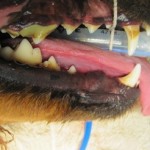
-
Grade 2 Dental Disease – Before Dental Cleaning at our Hospital
-
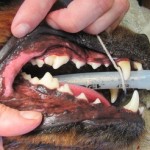
-
After Dental Cleaning at our Hospital
